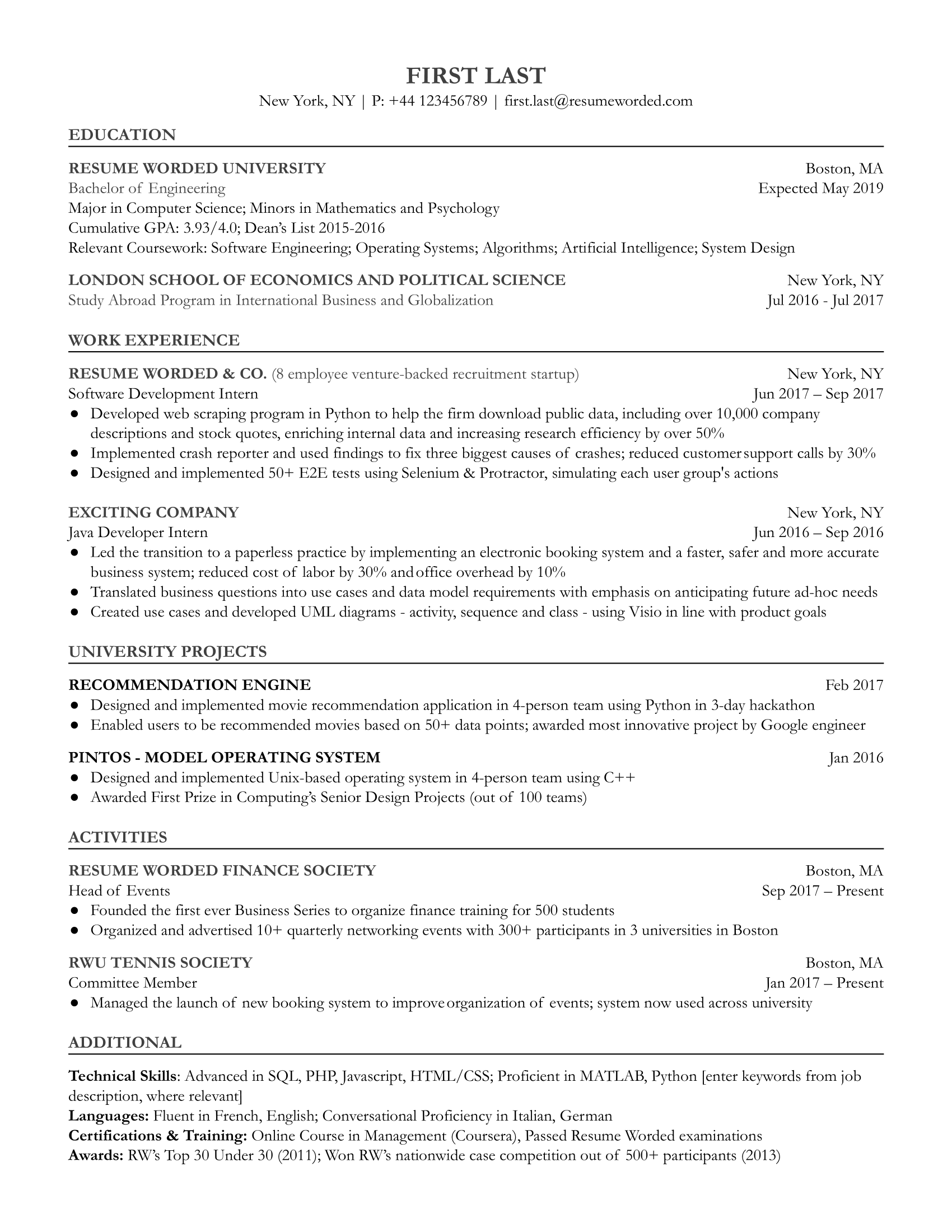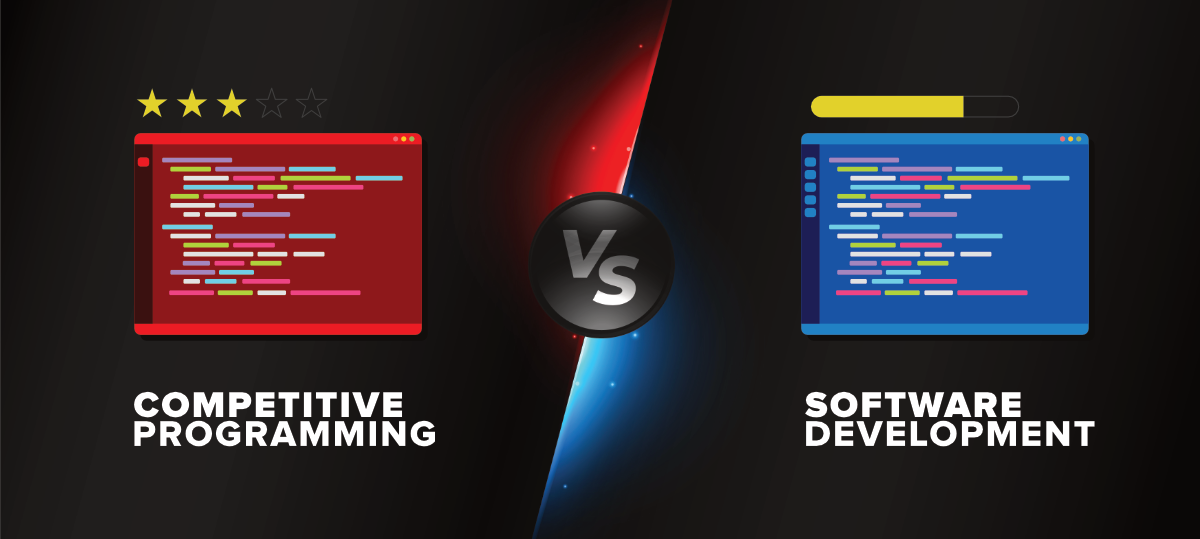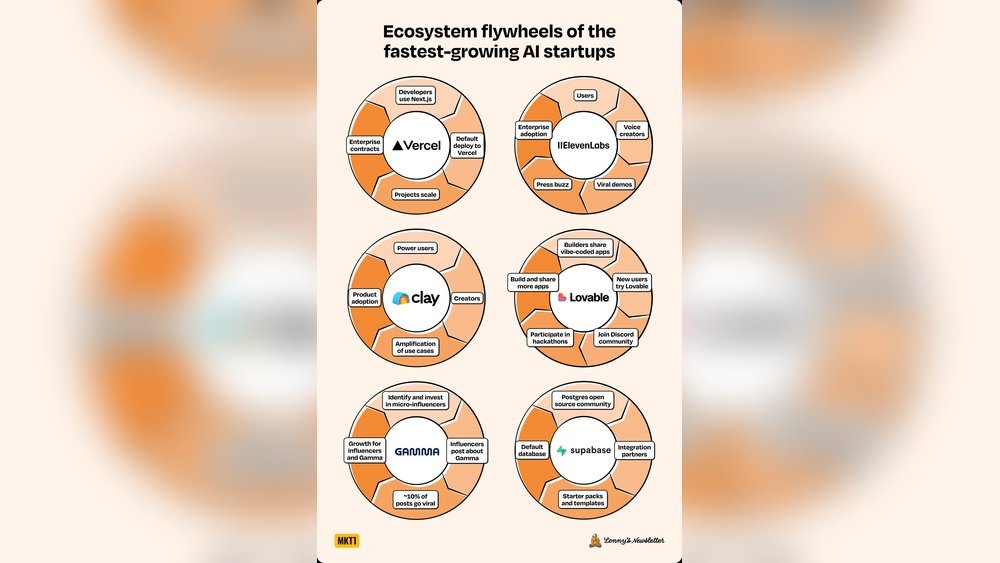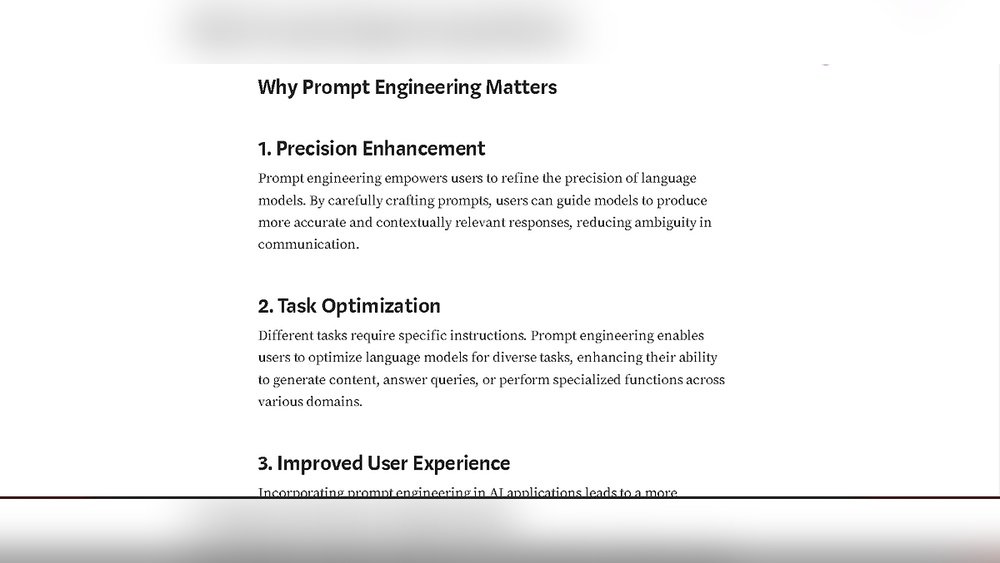Imagine this: You’ve landed your dream job as a software developer. You’re excited to dive into innovative projects and expand your skills.
But then, you come across a Software Developer Non Compete agreement in your contract. Suddenly, your future career moves feel limited, and your excitement turns into confusion. What does this mean for your career? How can you navigate these restrictions without sacrificing your growth?
You’ll discover everything you need to know about software developer non compete agreements. You’ll learn how they impact your job choices and what you can do to protect your interests. Whether you’re starting a new role or considering a career change, understanding non-compete clauses is essential. Stay with us as we unravel the complexities and help you make informed decisions for your career advancement.
Non-compete Agreements
Software developer non compete agreements restrict employment in competing firms after leaving a job. These contracts protect company secrets and limit job options. Understanding their terms is crucial for career planning.
Navigating the world of software development can be exhilarating, but it often comes with its own set of challenges, one of which is dealing with non-compete agreements. These legal documents can significantly impact your career trajectory, especially when considering a job change or entrepreneurial venture. Understanding the nuances of these agreements is crucial for any software developer aiming to maintain flexibility and growth in their career.
Definition And Purpose
Non-compete agreements are legal contracts between an employer and an employee. Their primary purpose is to restrict the employee from joining or starting a competing business for a specified period after leaving the company. Employers use these agreements to protect their business interests, such as trade secrets and proprietary information.
As a software developer, you might wonder why these agreements are relevant. They ensure that sensitive information, like code or product ideas, remains secure and doesn’t end up benefiting competitors. It’s essential to understand what you are agreeing to, as it can affect your future opportunities and professional freedom.
Common Elements
Non-compete agreements typically include several key elements. First, they define the duration of the restriction, which can range from a few months to several years. The length of this period can greatly influence your career plans, so be sure to assess if it aligns with your goals.
Another common element is the geographical scope. Some agreements may limit you from working within a specific city or region, while others might be broader. Consider whether these boundaries are reasonable and how they might impact your job search.
Lastly, the agreement often details the specific activities or roles you are restricted from pursuing. This might include working with direct competitors or engaging in similar projects. Understanding these restrictions can help you negotiate terms that are fair and aligned with your career aspirations.
Have you ever signed a non-compete without fully understanding its implications? You’re not alone. Many developers find themselves in sticky situations because they didn’t thoroughly review these agreements. Always read carefully and, if possible, seek legal advice to ensure your rights and career are protected.

Credit: resumeworded.com
Impact On Career Mobility
Software developers often face non-compete agreements. These legal contracts can limit career opportunities. They restrict developers from joining competitors after leaving a job. This can impact career mobility significantly. Developers may struggle to find new roles in their industry. The limitation can hinder their growth and professional development. Understanding these impacts is crucial for planning career moves.
Limitations On Job Switching
Non-compete agreements limit job switching. Developers might find fewer options available. These restrictions can keep them tied to one company. Switching to a competitor might not be possible. This can stifle innovation and learning. Developers may miss out on new experiences and skills. Such limitations can be frustrating for ambitious professionals.
Influence On Salary Negotiation
Non-compete clauses can affect salary negotiation. They reduce bargaining power for developers. Limited job options mean less leverage for better pay. Employers may offer lower salaries, knowing options are restricted. Developers might feel undervalued or stuck with stagnant wages. This influence can impact overall job satisfaction. Negotiating salary becomes challenging under these constraints.
Legal Variations By Region
Software developer non compete agreements vary widely by region. Some areas enforce strict limits, while others allow more flexibility. Understanding these legal differences is crucial for developers and employers.
Navigating the world of software developer non compete agreements can feel like walking through a legal maze. The rules change dramatically depending on where you are, making it crucial for developers to understand how these contracts work in their specific region. Whether you’re contemplating a job offer or considering a career move, knowing the regional legal landscape can empower you to make informed decisions.
State-specific Regulations
In the United States, non-compete agreements can look very different from one state to another. Some states, like California, are well-known for their employee-friendly stance, often rendering non-compete agreements unenforceable. This means if you’re a developer in Silicon Valley, you have the freedom to switch jobs without the looming threat of a lawsuit.
On the flip side, states like Florida and Texas are more likely to uphold these agreements. You might find yourself restricted from working with a competitor if you’ve signed a non-compete in these regions. It’s essential to read the fine print and consult with a legal expert familiar with local laws before signing any such agreement.
Have you ever considered how these regulations could impact your career growth? Understanding your state’s stance on non-competes can help you plan your next move wisely.
International Perspectives
Outside the US, the approach to non-compete agreements varies widely. In Europe, countries like Germany and the UK generally enforce non-competes but with strict limitations. They require employers to pay compensation during the restricted period, ensuring you’re not left without income.
In contrast, countries like India have a more lenient approach, often viewing non-compete clauses as a restraint on trade and thus difficult to enforce. This cultural and legal diversity can significantly influence your career mobility if you’re working or planning to work internationally.
Are you working in an international team or considering relocating? Knowing how different countries handle non-compete agreements can provide you with the leverage to negotiate terms that favor your career aspirations.
Understanding these legal nuances not only helps in safeguarding your professional future but also opens up opportunities you might have previously overlooked.
Strategies For Negotiation
Negotiating a non-compete agreement can be challenging for software developers. Understanding key strategies helps in reaching a fair agreement. Effective negotiation requires knowledge and preparation. Let’s explore these strategies in detail.
Identifying Key Clauses
First, identify critical clauses in the non-compete agreement. Look for duration, geographical limits, and scope of work. Ensure these clauses are reasonable and fair. Long durations can limit future job opportunities. Large geographical areas can restrict career growth. Clearly understand what is expected and allowed. This knowledge helps in negotiating better terms.
Leveraging Legal Advice
Legal advice is invaluable during negotiations. A lawyer can provide clarity on legal terms. They help interpret complex clauses. Their expertise ensures your rights are protected. A lawyer can suggest modifications to unfair terms. They can also negotiate directly with the employer. Legal counsel can strengthen your negotiating position. Ensure you choose an experienced employment lawyer.
Alternatives To Non-compete
Non-compete agreements can limit a software developer’s career options. They prevent moving to competitors or starting similar businesses. Fortunately, there are alternative solutions. These alternatives protect business interests without restricting professional freedom.
Non-disclosure Agreements
Non-disclosure agreements (NDAs) safeguard confidential information. They ensure sensitive data stays private. This includes business strategies, client lists, and proprietary software. NDAs focus on what is disclosed, not where you work. They are less restrictive than non-compete clauses. They allow developers to switch jobs freely. NDAs protect valuable information effectively.
Intellectual Property Protections
Intellectual property protections secure innovations and creations. Patents, copyrights, and trademarks fall under this category. They protect ideas and software from unauthorized use. Developers can work with new employers, bringing fresh ideas. These protections encourage innovation without limiting career choices. They assure companies their unique creations remain safe.
Case Studies
Case studies provide valuable insights into the complexities of non-compete clauses in software development. They highlight real-world examples of how developers navigate these agreements. Through these stories, we understand the challenges and successes. Each case study offers lessons for developers and employers alike.
Successful Negotiations
Some developers have successfully negotiated their non-compete agreements. These developers approached discussions with clear goals and evidence of their unique skills. Employers often prefer resolution over lengthy disputes. This leads to amicable outcomes. One case involved a developer who presented a strong portfolio. The employer agreed to limit the non-compete clause to specific regions. This allowed the developer to pursue opportunities elsewhere.
Another case highlighted a developer’s strategic approach. They built a rapport with their employer, emphasizing mutual benefits. The outcome was a reduced non-compete duration. This compromise benefited both parties. These examples show the power of effective negotiation.
Challenging Legal Battles
Not all non-compete disputes end peacefully. Some developers face challenging legal battles. In one case, a developer challenged an overly restrictive clause in court. The court sided with the developer, citing unfair limitations. This ruling set a precedent, influencing future cases.
Another story involved a developer facing a lawsuit after joining a competitor. The court ruled in favor of the former employer. This reinforced the importance of understanding agreement terms. These legal battles highlight the potential risks involved. They emphasize the need for careful consideration before signing any agreement.
Future Trends
The landscape of non-compete agreements in software development is changing. Emerging trends are influencing how these agreements will look in the future. Understanding these trends is crucial for both developers and employers.
Legislative Changes
Legislative changes are reshaping non-compete agreements. Many governments are reconsidering the fairness of these contracts. Some regions are limiting or banning them altogether. This shift aims to protect workers’ rights. Developers can expect more freedom in job choices.
New laws may require clearer terms. Agreements need to be specific and fair. This change helps developers know their rights better. It also prevents companies from using overly broad restrictions.
Shifts In Industry Practices
Industry practices are evolving alongside legislative changes. Companies are rethinking their approach to non-compete agreements. Many are opting for non-disclosure agreements instead. These protect sensitive information without limiting career mobility.
Some tech firms are removing non-compete clauses entirely. They focus on creating positive work environments. This trend attracts top talent. It also fosters innovation and collaboration. Developers feel more secure in their career growth.

Credit: www.legalnowai.com

Credit: www.geeksforgeeks.org
Frequently Asked Questions
What Is A Non-compete Clause For Developers?
A non-compete clause restricts developers from joining competitors post-employment. It aims to protect company interests and proprietary information. These clauses can limit career mobility, so understanding them is crucial before signing. Always review terms and consult a legal expert if needed.
How Long Do Non-compete Agreements Last?
Non-compete agreements typically last between six months to two years. The duration can vary based on industry, role, and jurisdiction. It’s essential to understand the timeframe to plan career moves effectively. Always negotiate terms if they seem unreasonable.
Are Non-compete Clauses Enforceable Everywhere?
Non-compete enforceability varies by region and industry. Some states, like California, largely prohibit them. Others enforce them under specific conditions. Always check local laws and consult a legal expert to understand enforceability in your area.
Can I Negotiate A Non-compete Agreement?
Yes, you can negotiate non-compete agreements. Discuss terms like duration, geographic scope, and industry restrictions. Employers may agree to modifications if you present reasonable arguments. Always prioritize clear, fair terms that align with your career goals.
Conclusion
Navigating non-compete clauses can be tricky for software developers. Know your rights. Understand the terms before signing any contract. These clauses can limit future opportunities. Protect your career by consulting a legal expert. Stay informed about legal regulations. Each jurisdiction has different rules.
Be proactive. Ask questions and seek advice if unsure. Stay connected with professional networks. They can offer support and guidance. Non-compete agreements can affect your work path. Make informed decisions to safeguard your future. Your career growth depends on the choices you make today.







One response to “Software Developer Non Compete: Navigating Career Boundaries”
[…] July 2, 2025 […]